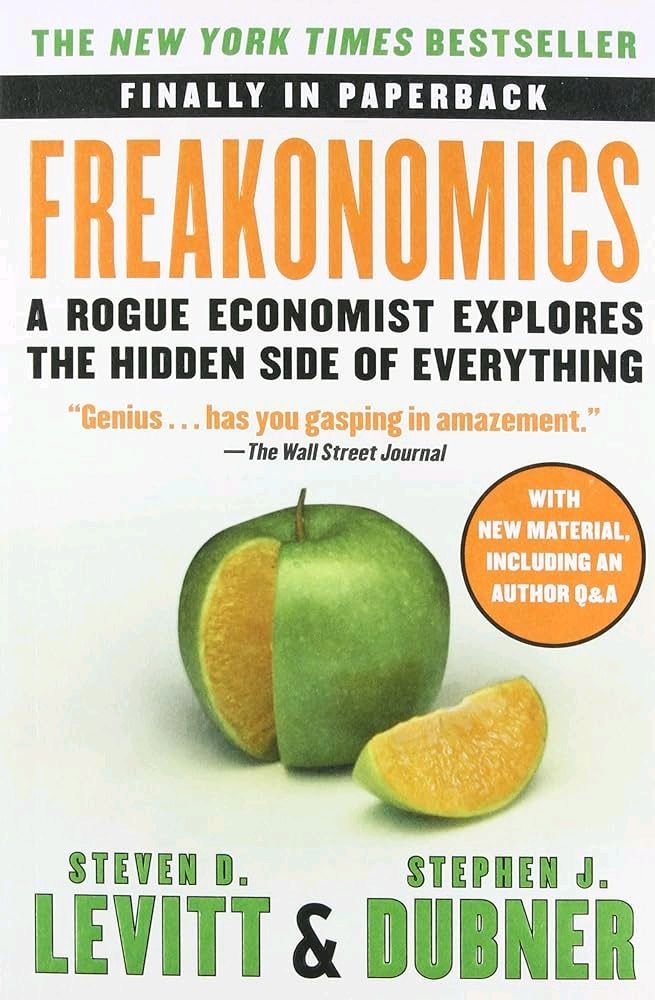Economic incentives from "summary" of Economic Facts and Fallacies by Thomas Sowell
Economic incentives are at the heart of understanding the decisions that individuals, businesses, and governments make. These incentives can take various forms, such as monetary rewards or penalties, regulations, or social pressures. Regardless of their form, economic incentives influence people's behavior in predictable ways. One of the most fundamental principles of economics is that people respond to incentives. When the cost of a behavior goes up, people tend to do less of it. Conversely, when the benefits of a behavior increase, people are more likely to engage in that behavior. This simple idea explains a wide range of economic phenomena, from consumer choices to labor market dynamics. In the market economy, prices serve as powerful economic incentives. When the price of a good or service goes up, consumers are less likely to buy it. Similarly, when the price of a good increases, producers are more inclined to supply more of it. This interplay between supply and demand is what drives market equilibrium and allocates resources efficiently. Businesses are also driven by economic incentives. Profit-seeking firms are motivated to cut costs and maximize revenues to increase their bottom line. Competition in the market ensures that businesses are constantly striving to offer better products at lower prices to attract customers. This competitive pressure creates incentives for innovation and efficiency in the economy. Government policies can also create economic incentives that shape behavior. Taxes, subsidies, regulations, and welfare programs all influence individuals' and businesses' decisions. For example, high taxes on cigarettes can discourage smoking, while subsidies for renewable energy can encourage investment in sustainable technologies. The design of these policies is crucial in achieving desired outcomes and avoiding unintended consequences. Understanding the role of economic incentives is essential for policymakers, businesses, and individuals alike. By aligning incentives with desired outcomes, it is possible to promote economic growth, innovation, and social welfare. However, failing to consider the unintended consequences of incentives can lead to inefficiency, distortions in resource allocation, and negative outcomes. In the complex web of incentives that shape our economy, it is crucial to consider the full range of factors at play.Similar Posts
Competition benefits consumers through lower prices and better products
Competition between businesses forces them to constantly seek ways to attract customers by offering lower prices and better pro...
Fiscal federalism explores the division of responsibilities between levels of government
Fiscal federalism is a concept that delves into the intricate web of responsibilities that are divided between different levels...

Making connections between seemingly unrelated factors can offer valuable insights
The world is full of complex and seemingly unrelated factors, but sometimes the key to understanding them lies in making connec...
Public finance research can inform policy decisions
Public finance research plays a crucial role in shaping policy decisions. By providing policymakers with valuable insights and ...
Regulatory efficiency reduces compliance costs
Regulatory efficiency refers to the ability of regulatory systems to achieve their desired objectives with the least amount of ...

Stay curious and constantly seek new knowledge
The world is full of fascinating mysteries waiting to be unraveled. Every day presents an opportunity to learn something new, t...
The Principle of Individual Rights in Economic Decision Making
The principle of individual rights in economic decision making is a fundamental concept that must guide our thinking when consi...
Regulatory reform is necessary to enhance economic efficiency
The overarching idea is that regulatory reform is essential for improving economic efficiency. In practical terms, this means c...
Behavioral economics can inform public finance policies
Behavioral economics can provide valuable insights for policymakers in the realm of public finance. Traditional economic models...
The Benefits of Free Market Pricing
The benefits of free market pricing are numerous and far-reaching. When prices are allowed to be determined by the interactions...
